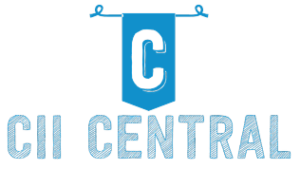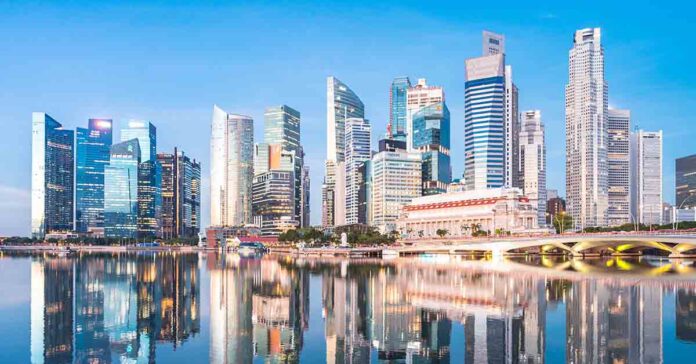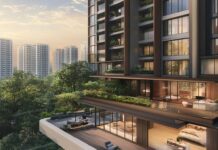Singapore’s property market in 2025 stands as a beacon for international buyers seeking stability and innovation. With forward-thinking developments like Elta reshaping urban living, it’s an ideal moment to evaluate investment opportunities.
This guide unpacks everything you need to navigate the dynamic landscape, offering insights into trends, tax policies, and essential steps for securing your ideal property.
Key Points
- 2025 trends show a shift toward eco-friendly and integrated developments.
- Tax policies favor foreign property buyers under specific conditions.
- Renting versus buying requires assessing financial and lifestyle goals.
- Freehold versus leasehold properties each offer distinct advantages.
Real Estate Trends for 2025
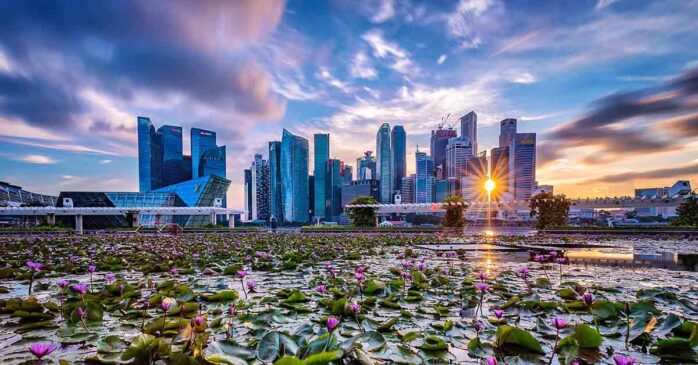
Property markets evolve like architectural designs—each year adds new features, sometimes functional, sometimes flashy. The trend for 2025? Eco-friendly projects and community-oriented designs.
Developers such as Elta are leading the charge, combining green spaces and modern architecture to appeal to discerning buyers. MCL Land and CSC Land—the masterminds behind Elta—are setting benchmarks in innovation, quality, and sustainability.
It’s strategic location, paired with reasonable land acquisition costs, makes it a standout project. With premium construction and integrated community features, it’s poised to offer long-term value for homeowners.
Renting Versus Buying: Decoding the Choice
Renting can feel like test-driving a luxury car. You enjoy the ride but never own it. Buying, on the other hand, is the ultimate commitment—the real estate equivalent of planting roots. Both options come with perks and pitfalls.
Advantages of Renting:
- Lower upfront costs.
- Greater flexibility for those uncertain about long-term stays.
- Freedom from maintenance and property taxes.
Advantages of Buying:
- Builds equity and long-term financial value.
- Allows customization to suit personal preferences.
- Stability in a fluctuating rental market.
Making the right choice boils down to your financial goals and how long you plan to stay. For those certain about settling down, buying offers the potential for significant returns.
Freehold or Leasehold: Which Works Best?
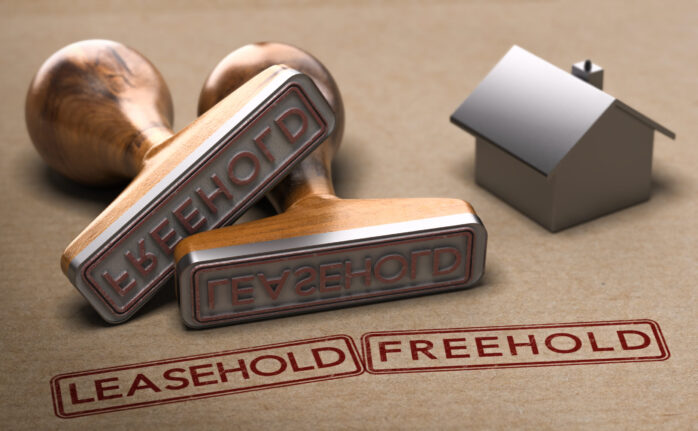
Freehold properties are the crown jewels of the real estate world. They offer complete ownership, no expiry dates, and often higher resale value. Leasehold properties, on the other hand, are akin to leasing a high-end vacation home—you’re buying time, not forever.
Key Differences:
- Ownership Duration: Freehold lasts indefinitely; leasehold comes with a ticking clock, often capped at 99 years.
- Cost: Freehold properties generally command higher prices.
- Resale Potential: Freehold is more attractive to future buyers.
Both types cater to different needs. If you’re focused on generational wealth, freehold offers better prospects. For short-term investors, leasehold can still yield handsome returns.
Navigating Tax Policies
Tax implications often feel like hidden fees—unwelcome but unavoidable. Luckily, the city-state’s tax policies remain relatively favorable for foreign property buyers, provided they meet specific criteria.
Buyer’s Stamp Duty (BSD): All property purchases incur BSD, but rates depend on the property’s value.
Additional Buyer’s Stamp Duty (ABSD): Expats face an additional tax of 30%, though exemptions exist for certain nationalities under free trade agreements.
Investors should consult experts to optimize tax obligations and secure exemptions where applicable.
Location, Location, Location

Location is the cornerstone of property investment. Choosing the right district is like picking between a penthouse view and ground-floor practicality—it depends on your priorities. Popular areas include:
- Central Region: Proximity to business hubs, luxury amenities.
- Eastern Region: Family-friendly, excellent schools, and parks.
- Western Region: Emerging tech hubs, offering affordable options.
Each district has unique perks. Central is ideal for professionals, while the East offers a suburban charm. Weigh your lifestyle and commute preferences before committing.
Eco-Friendly Developments: The Future of Real Estate
Sustainability isn’t just a buzzword; it’s becoming a requirement. Modern buyers value developments that reduce carbon footprints and promote green living. Eco-friendly developments are paving the way with:
- Solar panels and energy-efficient designs.
- Ample green spaces and communal areas.
- Water-saving fixtures and sustainable construction materials.
Eco-friendly properties not only align with global trends but also offer cost savings and better resale potential. They’re the real estate equivalent of buying into the future.
Steps to Secure Your Property
Purchasing a home requires a roadmap. Here’s a simple guide to ensure a smooth journey:
- Research: Identify properties matching your budget and preferences.
- Engage Experts: Work with agents and legal advisors.
- Check Financing: Secure a mortgage or confirm cash flow.
- Inspect the Property: Conduct thorough inspections.
- Seal the Deal: Sign contracts and pay required fees.
Following these steps minimizes risks and ensures you’re investing wisely.
Real Estate Market Predictions
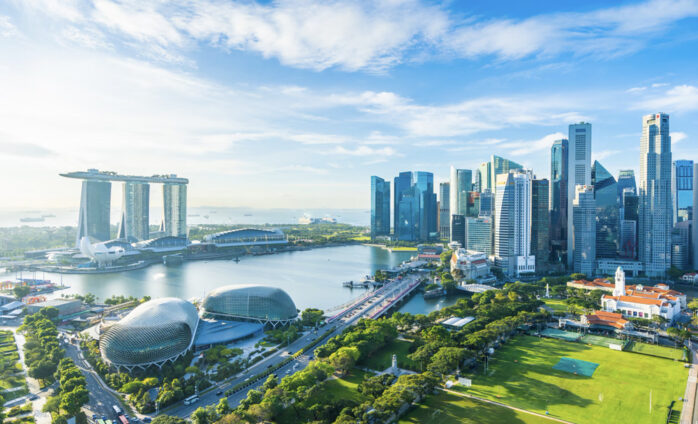
2025 promises stability with some surprises. Analysts predict steady growth, supported by demand for quality housing and innovative developments. Potential game-changers include:
- Increased focus on eco-friendly designs.
- Rising interest rates impacting affordability.
- Government policies influencing market dynamics.
Investors should keep an eye on upcoming launches and policy changes, much like tracking stock prices before a big trade.
Final Thoughts
Property decisions require careful planning, much like designing your dream home—every detail matters. With innovative projects setting new benchmarks, the future looks bright for those ready to take the plunge. Opportunities don’t wait forever, so take the next step confidently. The rewards, like a well-chosen penthouse, are worth it.
